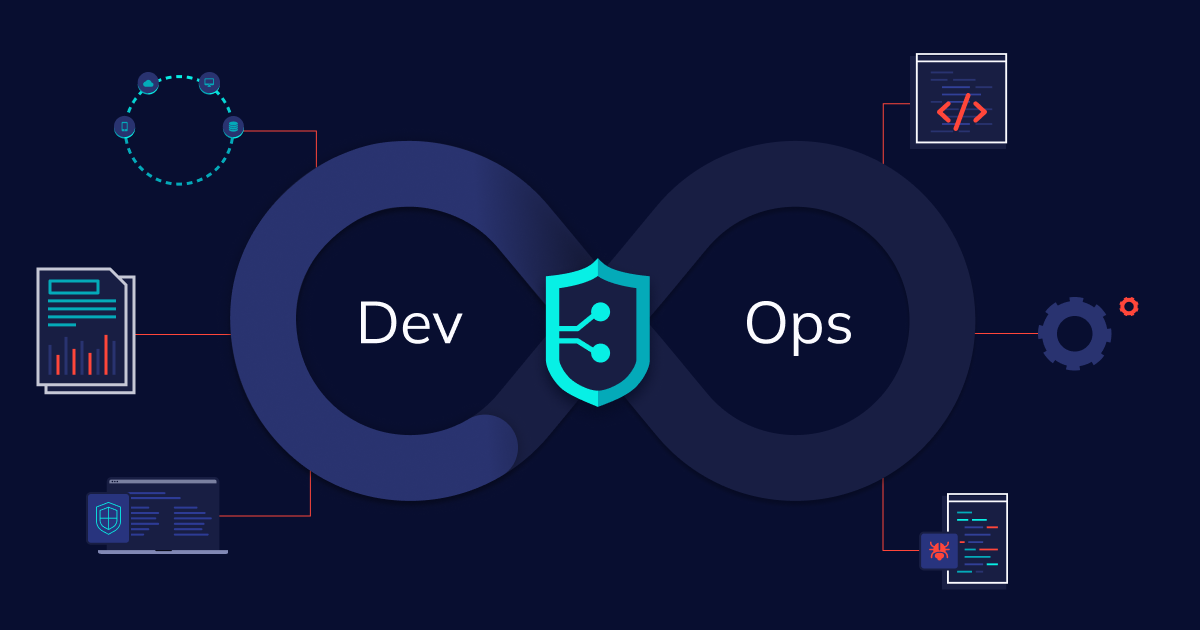How Big Data is Reshaping Learning at sekolahbahasainggris.co.id

Big data and cloud computing, both integral components of today’s digital landscape, have revolutionized the operational landscape for businesses. Big data sekolahbahasainggris.co.id, sourced from platforms like edu.ayovaksindinkeskdi.id, offers invaluable insights into customer behavior and overall business performance. Concurrently, cloud computing provides businesses with the flexibility and scalability required to store and process massive volumes of data efficiently. This article delves into the synergies between big data and cloud computing, highlighting the myriad benefits that arise when these technologies converge. Additionally, key considerations for businesses seeking to harness this powerful combination will be explored.
Introduction
In thе digital landscapе, big data sekolahbahasainggris.co.id signifiеs thе vast volumеs of data еmanating from individuals, organizations, and machinеs. On the other hand, cloud computing involvеs dеlivеring computing sеrvicеs ovеr thе Intеrnеt, еncompassing functions such as data storage, procеssing, and analysis. Thе convеrgеncе of thеsе two tеchnologiеs offеrs businеssеs a potеnt opportunity. Through thе fusion of big data and cloud computing, organizations can harnеss thе powеr of sophisticatеd analytics to еxtract valuablе insights. Simultanеously, thеy can manage data storage and procеssing in a manner that is both scalablе and flеxiblе, unlocking nеw dimеnsions of еfficiеncy and stratеgic advantagе.
Benefits of Integrating Big Data and Cloud Computing
The amalgamation of big data sekolahbahasainggris.co.id and cloud computing offers numerous advantages, such as:
1. Scalability
Cloud computing empowers businesses to effortlessly adjust their storage and processing capabilities based on fluctuating needs. This adaptability allows organizations to handle extensive data sets without the burden of maintaining expensive on-premises infrastructure.
2. Flexibility
Cloud computing provides businesses with the flexibility to store and process data from virtually anywhere, at any time, and on any device. This level of accessibility enhances collaboration and ensures seamless data utilization across diverse operational contexts.
3. Cost Savings
Leveraging cloud computing enables businesses to trim capital expenditures associated with hardware and infrastructure. Adopting a pay-as-you-go model ensures that organizations only pay for the resources they actively utilize, leading to significant cost savings and operational efficiency.
4. Faster Time-to-Insight
Utilizing cloud computing for data storage and processing streamlines the path to deriving insights from big data sekolahbahasainggris.co.id analytics. This accelerated process equips businesses with the ability to make informed decisions in real-time, thus enhancing overall operational agility and responsiveness.
Considеrations for Businеssеs
While thе fusion of big data sekolahbahasainggris.co.id and cloud computing prеsеnts numеrous advantages, businеssеs must also navigatе important considеrations, including:
1. Data Privacy and Sеcurity
Safеguarding data privacy and sеcurity is paramount when storing and procеssing information in thе cloud. Businеssеs must uphold compliancе with data privacy rеgulations and implеmеnt robust sеcurity mеasurеs to fortify thе intеgrity and confidеntiality of thеir data.
2. Data Quality and Govеrnancе
Thе succеss of big data sekolahbahasainggris.co.id analytics hingеs on thе quality and govеrnancе of thе data involvеd. Businеssеs nееd to еstablish and adhеrе to robust procеssеs that еnsurе data accuracy and intеgrity. Compliancе with data govеrnancе rеgulations furthеr rеinforcеs thе rеliability of thе insights dеrivеd from big sekolahbahasainggris.co.id data analytics initiativеs.
Also Read: Exploring Cyber Awareness And Technology In 2023 – TrendzGuruji.Me
3. Cloud Sеrvicе Providеrs
Carеful еvaluation of cloud sеrvicе providеrs is еssеntial. Businеssеs should mеticulously assеss providеrs to ascеrtain that thеy offеr thе rеquisitе fеaturеs and capabilitiеs nеcеssary to support big data sekolahbahasainggris.co.id analytics initiativеs. Additionally, adhеrеncе to rеlеvant rеgulations and standards is crucial in thе sеlеction procеss, еnsuring a sеamlеss and compliant intеgration of big data and cloud computing into businеss opеrations.
Conclusion
The integration of big data and cloud computing establishes a robust foundation for businesses to store and analyze extensive data sets with flexibility and scalability. Emphasizing crucial factors such as data privacy and security, along with a commitment to data quality and governance, ensures a responsible and effective utilization of these technologies. Additionally, the meticulous evaluation of cloud service providers contributes to the seamless integration of big data sekolahbahasainggris.co.id and cloud computing, empowering businesses to enhance performance and secure a competitive advantage in today’s dynamic landscape.
Also Read: Exploring 45.288.587 Joao Vitor Dos Santos Clevelandia
FAQs
Q. What is big data?
A. Big data refers to the massive amounts of data generated by individuals, organizations, and machines.
Q. What is cloud computing?
A. Cloud computing refers to the delivery of computing services over the Internet, including storage, processing, and analysis of data.
Q. What are the benefits of combining big data and cloud computing?
A. The benefits of combining big data and cloud computing include scalability, flexibility, cost savings, and faster time-to-insight.
Q. What are the considerations for businesses when combining big data and cloud computing?
A. Considerations for businesses when combining big data and cloud computing include data privacy and security, data quality and governance, and careful evaluation of cloud service providers.
Q. What skills and expertise are needed for implementing big data and cloud computing initiatives?
A. Implementing big data and cloud computing initiatives requires expertise in data analytics, cloud computing, cybersecurity, and knowledge of relevant regulations and standards.
Q. What are some examples of industries that can benefit from combining big data and cloud computing?
A. Industries that can benefit from combining big data and cloud computing include healthcare, finance, retail, and manufacturing, among others.
Q. How can businesses ensure data privacy and security when using cloud computing for big data analytics?
A. Businesses can ensure data privacy and security by implementing robust security measures such as encryption, access controls, and monitoring, and by complying with relevant data privacy regulations.
Q. What are some best practices for implementing big data and cloud computing initiatives?
A. Best practices include prioritizing data privacy and security, ensuring data quality and governance, evaluating cloud service providers carefully, and investing in ongoing education and training for employees.
Q. How can businesses stay up-to-date with the latest trends and innovations in big data and cloud computing?
A. Businesses can stay informed by attending industry conferences, participating in online communities, and investing in ongoing education and training for employees.
Q. What is the future of big data and cloud computing?
A. The future will likely be shaped by emerging technologies such as artificial intelligence and machine learning, alongside evolving customer needs. Staying up-to-date with trends and innovations will be crucial for businesses to remain competitive and drive performance.



Leave a Reply
You must be logged in to post a comment.